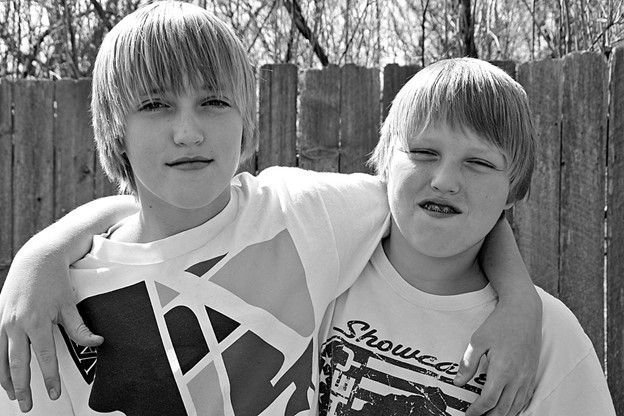Caretaking Behaviors Derail Communication
Many twin pairs—especially identical twins—develop hierarchical roles with each other. Parents often report that the kids may switch roles from time to time, while others describe a pattern that remains stable over their children’s lifetime. The roles are often described as follows: one twin is more outgoing, one twin makes friends easily, one twin takes the lead, one twin speaks and makes decisions for the other, or one twin is more assertive than the other. These characteristics frequently reflect the sibling who takes on the caretaking role versus the cared-for role.
Perhaps “caretaking” is not the most apt description for mature twins because such behavior can become problematic and troublesome in adult relationships. While this intimate connection appears cute and idealized when twins are younger, the inherent difficulties of these interactions can lead to damaging emotional consequences for older twin pairs.
What must be put into context is how the caretaking behaviors substituted for a lack of parental attachment. Without any awareness or conscious malice, many twin pairs have repeatedly told me that they were an island onto themselves—left alone in their own world. While this situation had some distinct advantages, twins may have had no one to rely on when they most needed guidance to manage challenging issues.
The caretaker and cared-for dynamic played out in a twinship is often an unarticulated, intrinsic characteristic of the attachment that is outside of the siblings’ awareness. In fact, the difficulties associated with these roles characteristically appear in young adulthood when differences and disagreements give rise to conflict and estrangement.
Can codependency develop into a healthy reciprocal interaction? How is the caretaking understood by each twin when it goes unidentified? When articulated, how do the siblings manage their reactions of anger, sadness, and abandonment? Caretaking, which protects and nurtures the twin bond, can become disturbing and controlling as twins mature. Helping parents understand how caretaking behaviors may prove problematic as their children age will encourage them to create opportunities for separate experiences and individual attachments.
Image courtesy of chintermeyer (CC BY-SA 2.0)



How true Joan. I find this is so often a cause of conflict in the twins I see, when, as adults, they want a more mature relationship. Often they have felt the lack of adequate mothering.. Audrey Sandbank twin therapist Reigate UK